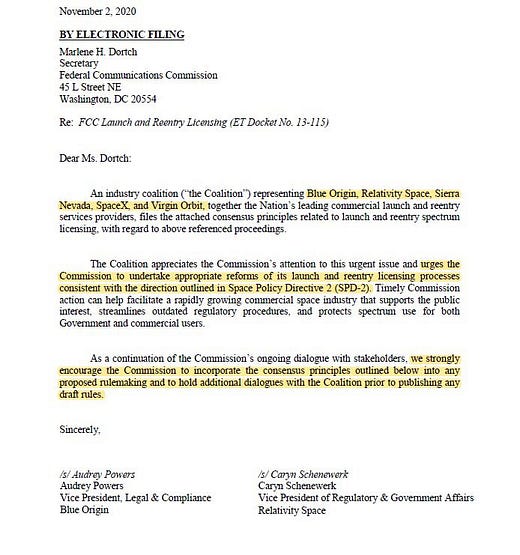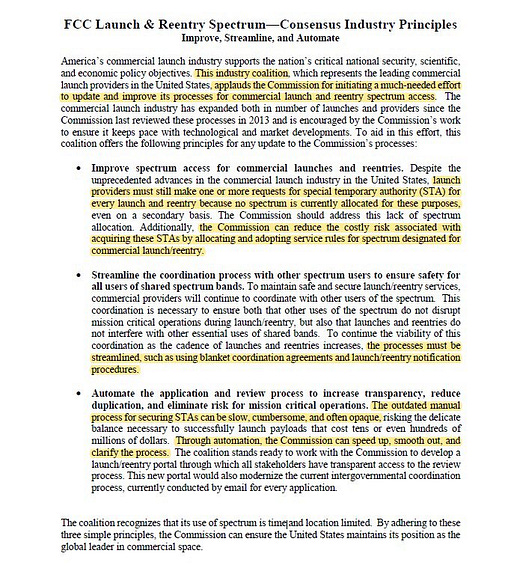#26
modern space markets
This is a newsletter about Canadian startups and public policy.
✌️ props: Ritual 🔦 spotlight: silofit 📈 check it: Modern Markets for All🏀 space jam: Consulting Canadians on a framework for future space exploration activities 📗 book: Evasive Entrepreneurs 🎶 tune: beach house - Space SongRock On, Ritual
A couple of weeks ago I was marvelling at the Premier’s polite ask of platform companies to change their business models (*remind me to do this when I am Premier) and I just wanted to take a second and give some props to hometown hero, Ritual.
The City of Toronto has partnered with local startup Ritual to offer free deliver from 1,000 businesses until November 8th - the companies will waive fees to both businesses and consumers. Ritual One waives flat fee delivery charges for both customers and local businesses - for a two week period.
It’s not a forever intervention, and it doesn’t revamp the impossible business model of food delivery, but it might have been useful for some restaurants. My hope is that this conversation is carving out more space for more ethical platforms to be developed and tested.
Honourable mention: how rad is this Tech Buzzwords Dictionary?
company case study: Silofit
Silofit is the “world’s first network of private fitness spaces.” The company repurposes small offices into private workout studios. Small offices - who needs them?!
This is an app/tech company that is essentially a landlord - sort of like a “Breather” for work outs. It may also be a “platform” to connect personal trainers with training spaces if they lack and/or their client lacks their own.
While I appreciate the novelty for this moment in time, I thought Silofit was worth thinking about in relation to space, and what you can (or can’t) do inside it for $$ w/o letting the City know.
i.e. is this people renting out their home gyms [come share my Peloton?] OR gyms subletting to individuals OR people sharing work out equipment in a safe way?
My fitness solution: I’m currently working out in the park with my GFs (*not as I write this) and note that in the City of Toronto, you need a permit to conduct a boot camp, yoga session, fitness program or commercial walking group (Dear Bylaw Officer, we aren’t profiting from this activity).
I wonder if this is actually a restriction/regulatory threshold that could have been relaxed when gyms were prevented from conducting indoor classes - we could have shifted parts of parks for trainers to support people get their dose of physical activity.
*I downloaded the app, and there’s only one location open in Toronto right now. It’s $25/hour and fits 1 person. The two locations that are “pending” to open are for 7-8 people.
Modern Markets for All
I am in love with this website - it’s terrible.
It’s all full of great to read, even though my brain tells me that w/o slick, minimalist design, there may be “nothing to see here.” I’m a sucker!
Here’s a quote re: legal frameworks.
Legal frameworks for new technologies provided some of the most exciting hinge moments of the last 200 years. Your life now depends on them.
The site claims that legal frameworks for new technologies are “ignored, opposed, then self-evident.” I’m particularly interested in the charge that the frameworks are “ignored.” Sometimes it seems as if the regulatory opportunities for new technologies are obvious [like chatbots] but perhaps they lack urgency until the technology is clearly “problematic.”
Do yourself a favour and read about Public Official E-Markets and let me know whether you can envision a world in which this works out.
Consulting Canadians on a framework for future space exploration activities
Sorry, can’t talk right now - the Canadian Space Agency has an open consultation! Here’s the background information.
More seriously: what’s happening right now in/with space is arguably a continued pattern - governments consult while technology companies create their own governance councils. It’s essentially colonialism by Terms and Conditions and I hate it.
Most of the regulation that has been put in place in Canada is based on predominantly government-owned entities, and Canadian innovators have called for this to be reconsidered.
On Friday, November 13th at 3.00pm ET, Noah Zon of Springboard Policy and I are hosting a “Space Jam” to talk about space policy in Canada. All are welcome. Join us!
Evasive Entrepreneurs and the Future of Governance: How Innovation Improves Economies and Governments
I’ve started reading Adam Thierer’s new book in an effort to better inform my own thinking regarding the relationship(s) between new technology and public policies.
Here’s the blurb, emphasis mine:
Innovators of all stripes―like Airbnb and Uber―are increasingly using new technological capabilities to circumvent traditional regulatory systems, or at least put pressure on public policymakers to reform laws and regulations that are outmoded, inefficient, or illogical. Other disruptive innovators are emerging in other fields using technologies as wide-ranging as 3-D printers, drones, driverless cars, Bitcoin and blockchain, virtual reality, the “Internet of Things,” and more. Some of these innovators just love to tinker. Others want to change the world with new life-enriching products. And many more are just looking to earn a living and support their families. Regardless of why they are doing it, these “evasive entrepreneurs”―innovators who don’t always conform to social or legal norms―are changing the world and challenging their governments. Beyond boosting economic growth and raising our living standards, evasive entrepreneurialism can play an important role in constraining unaccountable governmental activities that often fail to reflect common sense or the consent of the governed. In essence, evasive entrepreneurialism and technological civil disobedience are new “checks and balances” that help us rein in the excesses of the state, make government more transparent and accountable, and ensure that our civil rights and economic liberties are respected. This book will explain to the reader why evasive entrepreneurs are increasingly engaged in different forms of technological civil disobedience and also make the case that we should accept―and often even embrace―a certain amount of that activity as a way to foster innovation, economic growth, and more accountable government.
I don’t know that I agree that the core intent of an “evasive entrepreneur” is to provide a better check/balance on government. My perspective is rosier: I think people/firms build and do “new” things to solve a “problem” and make something better/more fun/delightful. Often these interventions have negative externalities that if left unchecked, cause harm. The question becomes what we expect from the state in terms of our ability to build more agile, responsive regulatory environments that define and clarify these new activities.
What I do think is particularly notable about Thierer’s arguments is that we don’t (ever) politically acknowledge that play space between new products and legal frameworks while we promote innovation. This lack of clarity means that we will find the blanks. But what if government was more clear about what “new” activities it was willing to entertain? This is especially important as we anticipate PIPEDA reform(s) and consider the impact of updates to privacy legislation on promising high-growth companies.
🤓 Vass Bednar is a smart generalist working at the intersection of technology and public policy.















